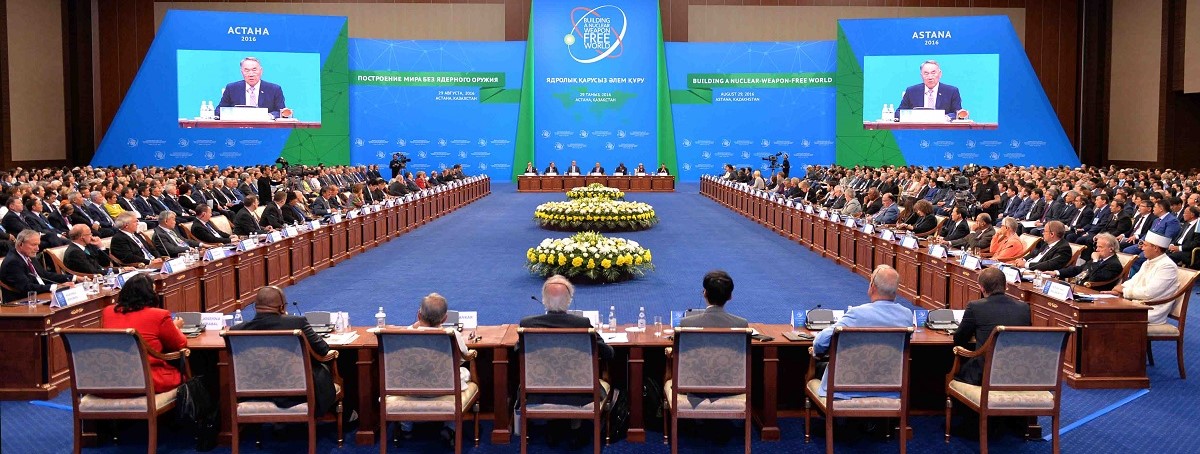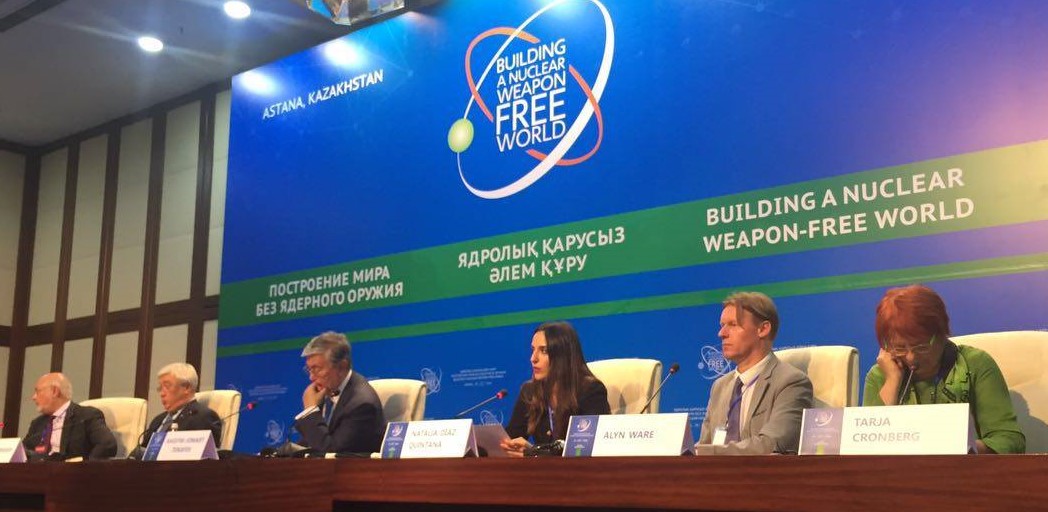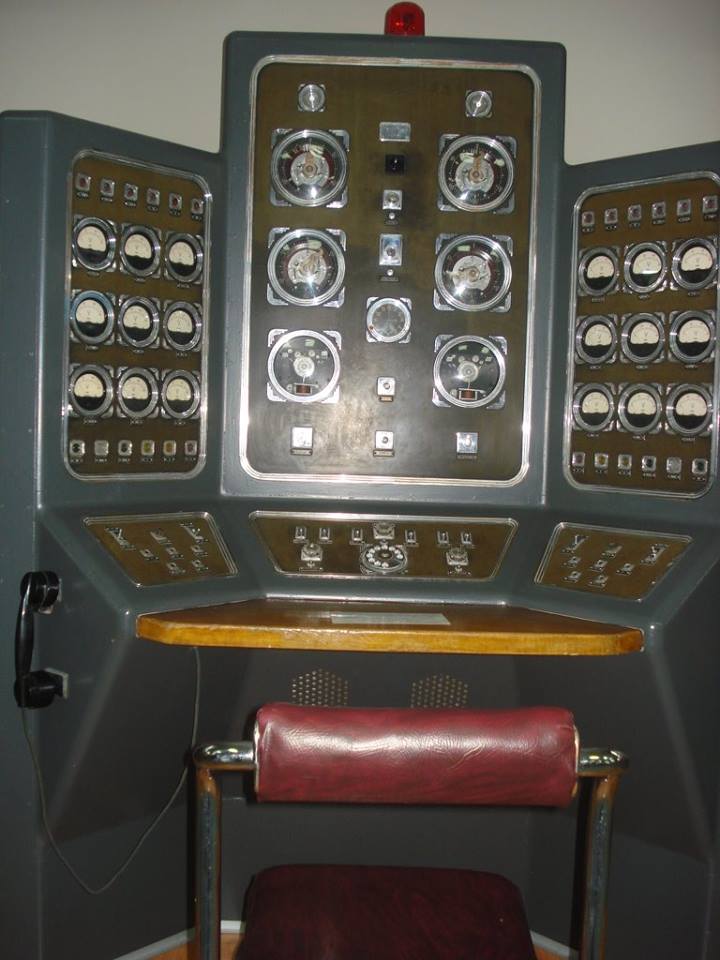Legislators, religious leaders, government officials, veterans, representatives from international organisations, disarmament experts and anti-nuclear activists meet in Kazakhstan. 10-point action plan adopted.
On August 29th, the International Day Against Nuclear Tests, PNND joined with the Kazakh Senate and Foreign Ministry to host an international conference in Astana on Building a Nuclear Weapon Free World.
Nearly 200 legislators, religious leaders, government officials, diplomats, veterans, representatives of international organisations, academics, scientists, medical professionals, lawyers, and nuclear disarmament campaigners from around the world joined local participants to commemorate the day – which was also the 25th anniversary of the closing of the Soviet nuclear test site in Kazakhstan.
Kazakhstan President Nursultan Nazarbayev used the occasion to announce the Astana Peace Summit to be held in November, and a new nuclear disarmament award to be launched at the summit.

The conference included a focus on the recommendations of the UN Open Ended Working Group on Taking Forward Multilateral Nuclear Disarmament Negotiations which are expected to be acted upon at the forthcoming UN General Assembly in October.
These call on the United Nations to initiate multilateral nuclear disarmament negotiations in 2017, and to take various interim measures to reduce the risk of nuclear weapons being used by accident, miscalculation or intent. See From the OEWG to Astana: building a nuclear-weapon-free world.
The conference also discussed the Manifesto for the 21st Century released earlier this year by President Nazarbayev.
The Manifesto explores possibilities to address current security issues without recourse to the threat or use of force. Conference speakers highlighted the possibilities to do this through a range of conflict resolution, legal and cooperative security mechanisms provided by the United Nations, Organisation for Security and Cooperation in Europe and other bodies.

The conference adopted a declaration Astana Vision: From Radioactive Haze to a Nuclear-Weapon-Free World with 10 action points. These included proposals for action by the UN Security Council to ban nuclear tests, support for multilateral nuclear disarmament negotiations in 2017, a call for the adoption of no-first-use policies, and a call for the elimination of nuclear weapons no later than 2045, the 100th anniversary of the United Nations.

Following the conference a number of the participants traveled to Semey to visit the medical research centre chronicalling the catastrophic impact of the nuclear tests on the Kazakh people. Some members of the delegation visited the epi-centre of the nuclear tests. They had to wear protective gear and could not stay longer than 15 minutes due to the residual radiation. See Bearing witness at Kazakhstan's most Irradiated Site.
For more information on the conference please see:
- Remember Semipalatinsk – short conference promo video
- Program
- Interesting articles – conference blog
- Media clips – international media coverage of the conference
- Astana Vision – the conference declaration


